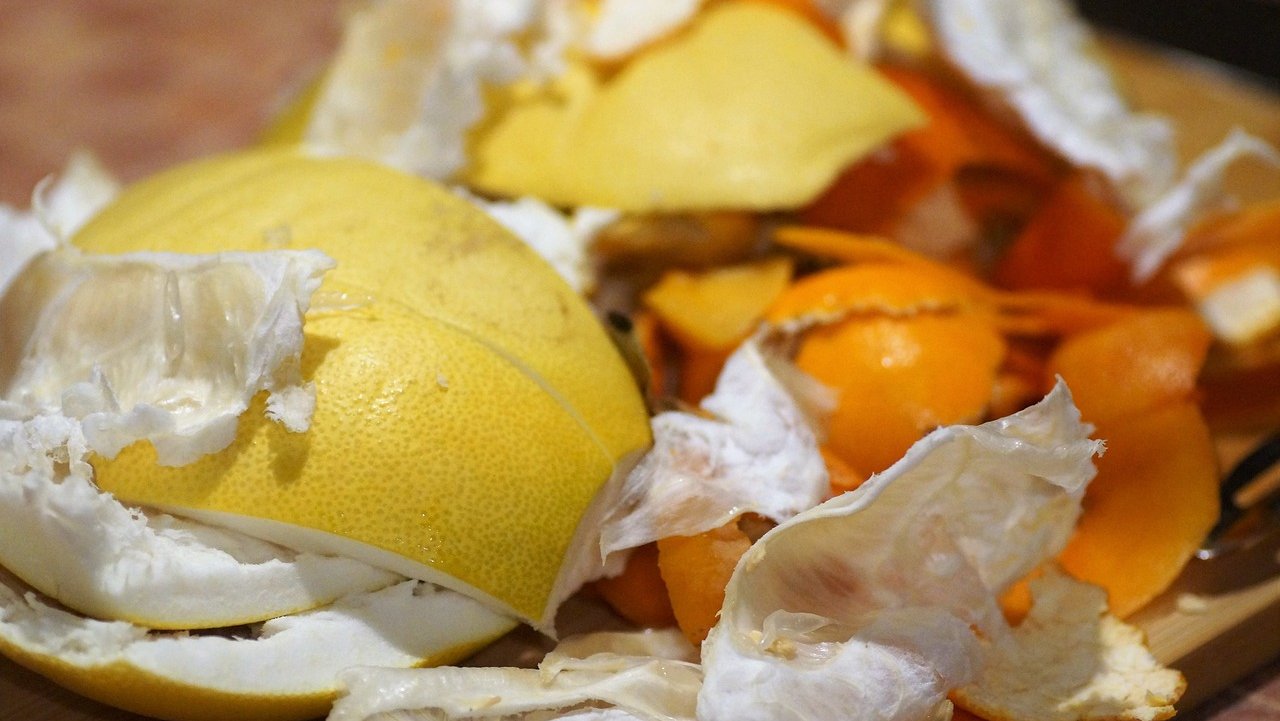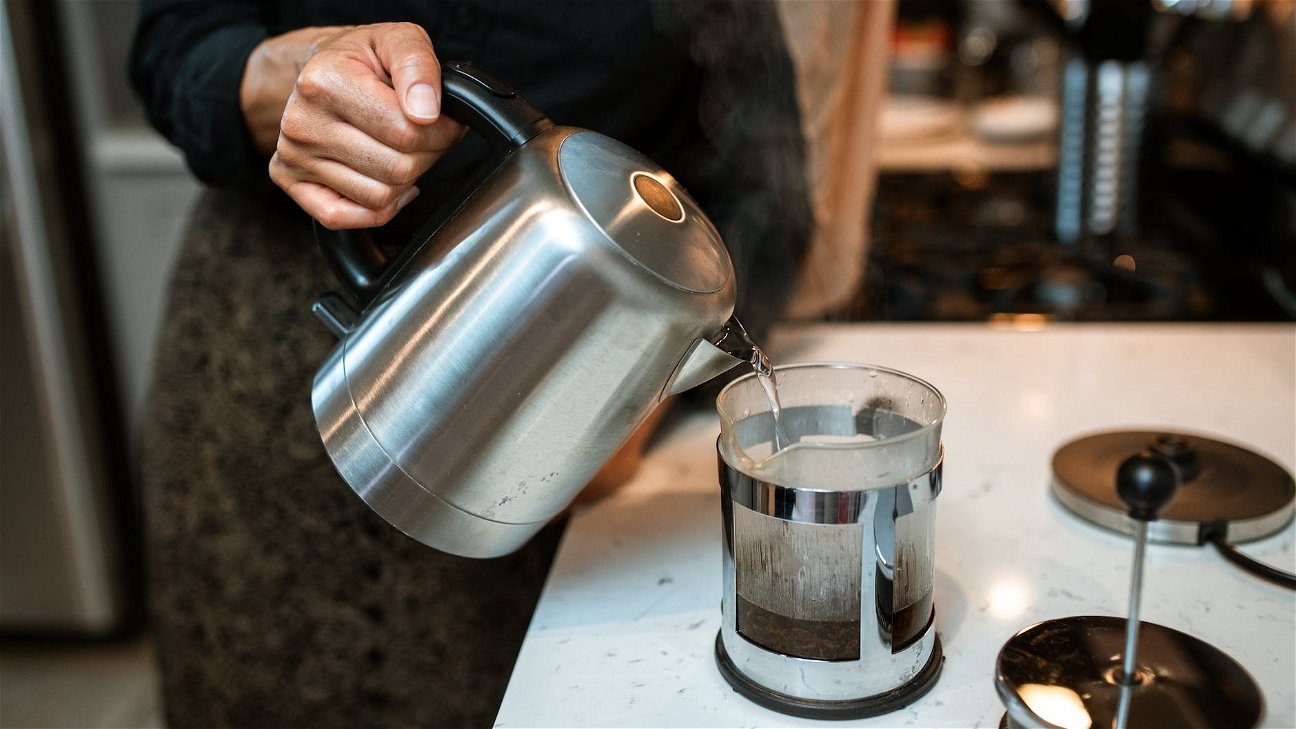
Looking to reduce waste, improve your garden, and contribute to a greener planet? Starting a compost pile at home can be a great way to achieve these goals. In this guide, we'll cover everything from the setup, maintenance, to troubleshooting common problems.
Getting started with composting
Composting is the natural process of recycling organic matter, like vegetable scraps and leaves, into a rich soil conditioner. It's a simple way to add nutrient-rich humus back to your garden which fuels plant growth and restores vitality to depleted soil.
Before diving into the 'how', let's first establish the 'why'.
Benefits of composting
Composting has several benefits, including:
- Reduces landfill waste: Composting kitchen and yard waste significantly reduces the amount of waste that goes into landfills.
- Enriches soil: Compost improves soil structure, texture, and aeration, and increases the soil's water-holding capacity.
- Fights plant diseases: Compost has been found to suppress plant diseases and pests.
Now, let's jump into how to start a compost pile.
Setting up your compost pile
Choose a compost location: Find a dry, shaded spot near a water source. It should be easily accessible in all seasons.
Start your compost pile: Layer your compost pile with a mix of brown and green materials. Brown materials provide carbon and include items like branches, twigs, and dead leaves. Green materials provide nitrogen and include items like grass clippings, fruit and vegetable scraps. Aim for a balance to make sure your compost pile is healthy.
Water the compost pile: Your compost pile should be as moist as a wrung-out sponge. Water it occasionally, or let rain do the job.
Turn the compost pile: Every few weeks, turn your compost pile with a pitchfork to help it decompose evenly.
What to compost and what not to compost
It's important to know what materials are safe to compost. Here's a handy table:
Caring for your compost pile
Caring for your compost pile involves regular turning, watering, and checking for any common problems. Here are some tips:
Turn it regularly: This helps to aerate the pile and speeds up the composting process.
Water it: Keep your compost pile as damp as a wrung-out sponge.
Check for problems: If your compost pile has a bad odor, it might mean that it's too wet or compacted. Turn it more frequently, and add more brown materials if needed.
Use your compost: Once your compost pile has turned into a rich, dark soil, it's ready to be used. You can add it to your garden, mix it into potting soil, or use it as mulch.
Composting is a rewarding practice that benefits you, your garden, and the environment. So why not start your compost pile today?











